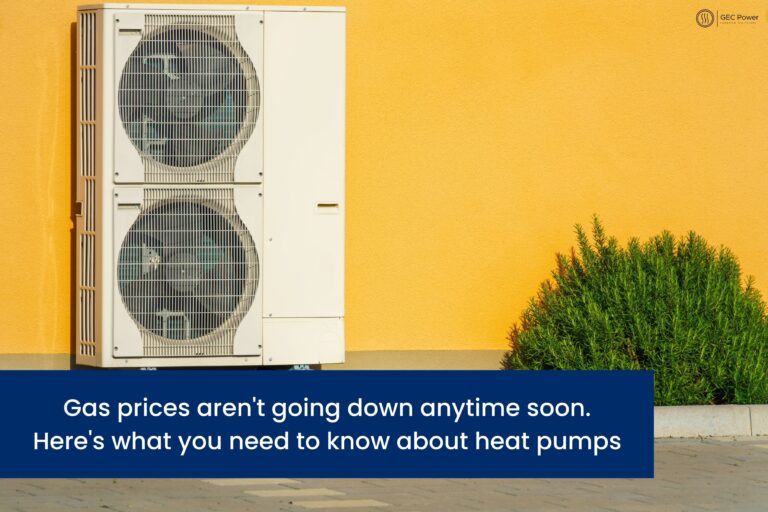One of the biggest mistakes many people make when deciding whether or not to buy an air source heat pump is that they don’t fully understand how the technology works and what it can do for them.
As gas prices remain high and the climate crisis at the forefront of many people’s minds, more and more are starting to consider alternative ways to heat their homes, and air source heat pumps are therefore a hot topic right now.
Yet many people feel they don’t know enough about heat pumps to make an informed choice about whether or not they want one in their home.
Here is a quick guide, with everything you need to know about heat pumps.
What is an Air Source Heat Pump?
An air source heat pump is a device that uses a small amount of energy to move heat from one place to another. The heat pump can be used to heat your home in the winter and cool it in the summer. In the winter, the heat pump moves heat from the outside air into your home. In the summer, the heat pump moves heat from your home into the outside air.
Similar to how a fridge freezer works but backwards, a heat pump extracts heat from the air and converts it into heat for your home. Air flows through an evaporator in the heat pump where its energy is absorbed, this air is drawn up into a cooling circuit, condensing the refrigerant into a liquid which is then evaporated again at a low temperature. To raise the temperature of the water, the system first compresses it. Then, this hot water is put into your home’s central heating and hot water system to be distributed to various rooms.
The Benefits of an Air Source Heat Pump
Air source heat pumps are becoming increasingly popular as they offer an environmentally friendly and cost effective alternative to traditional heating methods. ASHPs work by extracting heat from the air outside and using it to heat your home, meaning they can be used in both winter and summer.
One of the main benefits of an air source heat pump is that it’s a more sustainable option than traditional oil or gas heating, so can help your home to become more energy efficient and reduce your carbon footprint.
Heat pumps do require electricity to operate, but they use the electricity more efficiently than other heating systems, which is typically only a quarter of the energy of a traditional gas boiler.
Given that the initial investment of a heat pump is on the expensive side, its yearly savings can be very worthwhile. As a rule of thumb, a traditional gas boiler lasts up to 15 years and will become less efficient as time passes. A well-maintained air source heat pump could last up to 20 years.
Next steps
It is important to take a look at the whole picture before deciding on whether an air source heat pump is a viable option for your house and individual needs.


